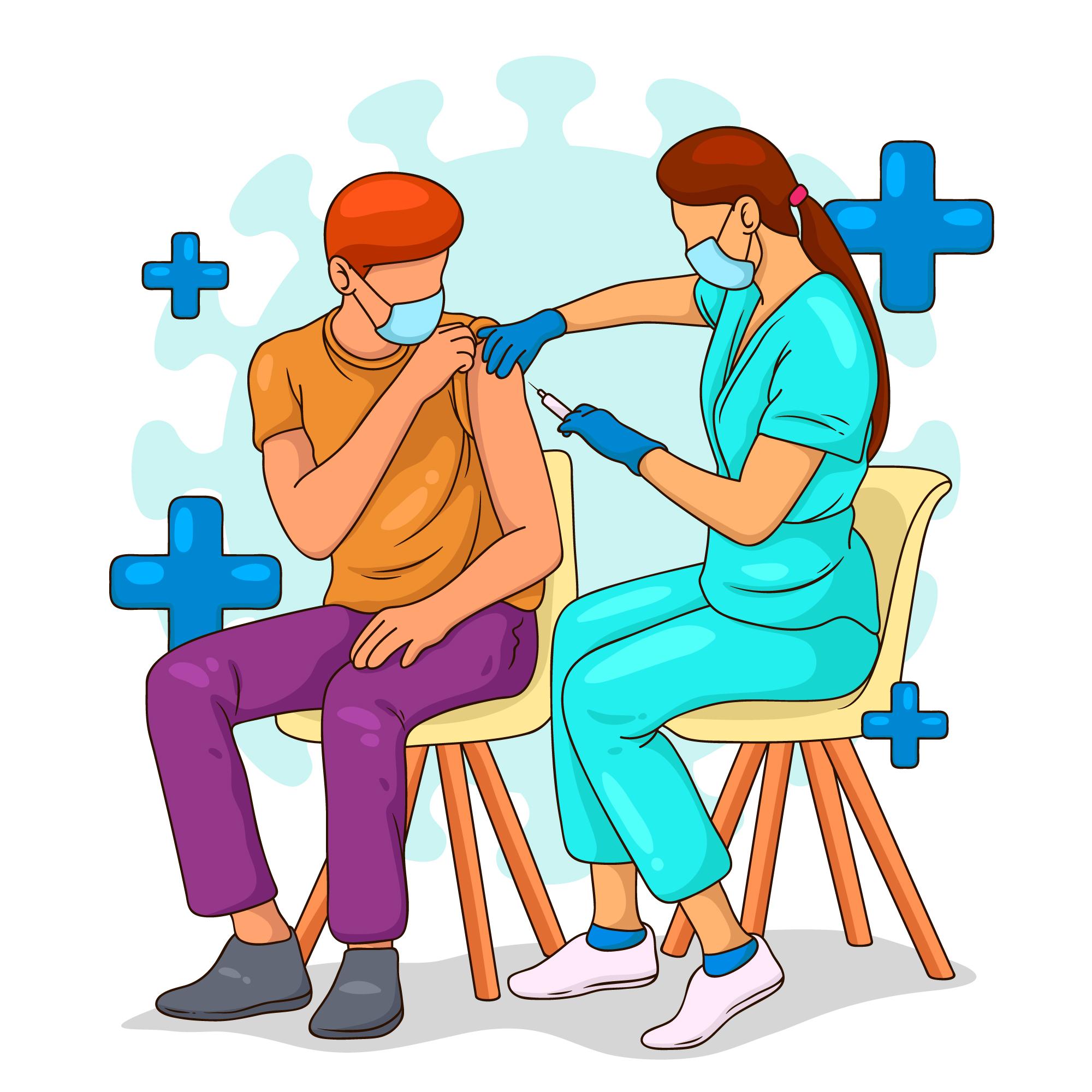News Highlights:
- The World Health Organisation initiated The Big Catch-Up and PRET campaign to regain immunisation progress lost during the outbreak.
- It has been launched to better prepare for future outbreaks of similar scale and devastation, as well as to boost vaccination rates among children.
The Big Catch-Up campaign:
- About:
- The World Health Organization (WHO) has announced a new initiative called ‘The Big Catch-Up’ to help countries recover the ground they have lost in delivering essential health services, especially immunisation, during the COVID-19 pandemic.
- According to WHO, more than 60 million children missed out on routine vaccinations in 2020 due to disruptions caused by the pandemic.
- This has increased the risk of outbreaks of preventable diseases such as measles, polio and meningitis.
- The initiative is led by WHO, UNICEF, Gavi, the Vaccine Alliance, the Bill & Melinda Gates Foundation, Immunization Agenda 2030 and many other global and national health partners.
- Objectives:
- ‘The Big Catch-Up’ aims to support countries in accelerating their immunisation programmes and reaching those who have been left behind.
- To restore immunisation progress lost during the pandemic and reaches every child with life-saving vaccines.
- Focus on 20 countries that account for about 75% of the children who missed essential vaccines in 2021.
- Build resilience and sustainability for immunisation programmes in the long term by ensuring that primary health care services are accessible and affordable for all children and their families.
- Main Focus:
- The initiative will pay special attention to the 20 countries — Afghanistan, Angola, Brazil, Cameroon, Chad, DPRK, DRC, Ethiopia, India, Indonesia, Nigeria, Pakistan, Philippines, Somalia, Madagascar, Mexico, Mozambique, Myanmar, Tanzania and Vietnam which are home to a majority of the children who have missed their vaccine doses.
- Pillars of the initiative:
- Planning: Planning involves assessing the immunisation gaps and identifying the most vulnerable populations.
- Prioritising: Prioritising involves allocating resources and mobilising partners to address the most urgent needs.
- Implementing: Implementing involves delivering high-quality and safe immunisation services using innovative and context-specific strategies.
- Monitoring: Monitoring involves tracking progress and evaluating the impact of the catch-up activities.

What is the PRET Initiative?
- About:
- The Preparedness and Resilience for Emerging Threats (PRET) Initiative was launched by the World Health Organisation (WHO) and operated under the aegis of the International Health Regulations (IHR), 2005, which is a critical international legal instrument for managing public health emergencies.
- The initiative was announced at the Global Meeting for Future Respiratory Pathogen Pandemics held in Geneva, Switzerland.
- It focuses on improving pandemic preparedness for groups of pathogens based on their mode of transmission.
- Three Tiers of Preparedness:
- It recognises that there are three tiers of systems and capacities relevant to pandemic preparedness:
- those that are cross-cutting for all or multi-hazards
- those that are relevant for groups of pathogens (respiratory, arboviruses etc.)
- Those that are specific to a pathogen.
- Coordination forum:
- As part of its efforts, the WHO convenes an informal coordination forum known as the Respiratory Pathogens Partners Engagement Forum (R-PEF), which enables WHO and partners to exchange information on planned activities and other developments on planned activities.
Pic Courtesy: Freepik
Content Source: WHO



